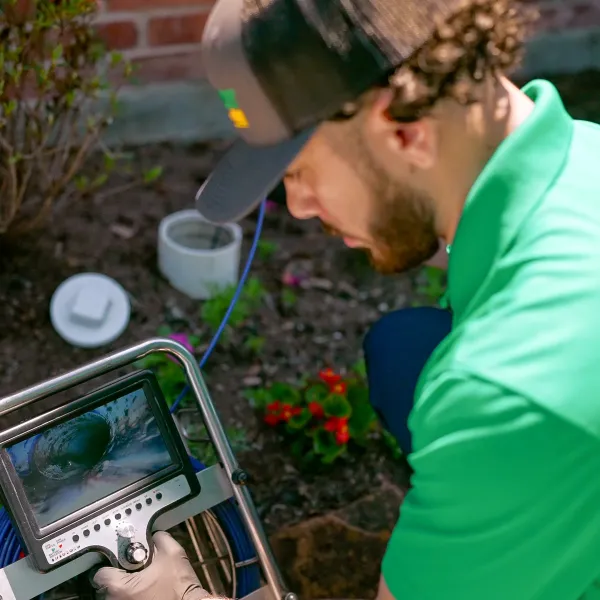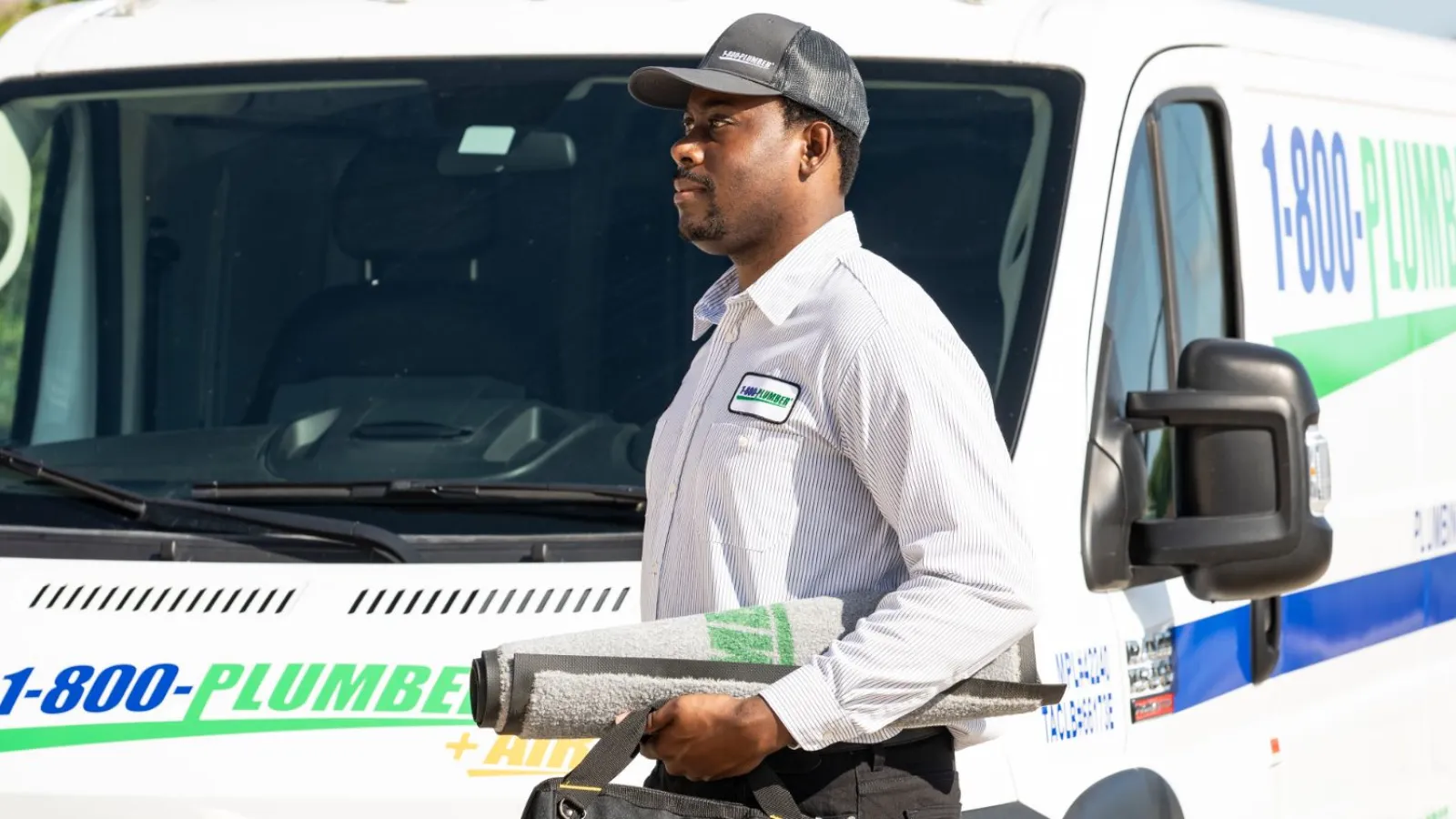
Dealing with Sewer Line Issues? Trust Portland's #1 Sewer Line Repair & Replacement Service
A sewer line disruption can cause major problems in your home. From clogged drains to flooding, it can be a real nightmare. However, in Portland, you don't have to worry about that anymore. 1-800-Plumber +Air offers fast and reliable sewer line replacement services in Portland, OR. Our team of experienced technicians is committed to ensuring that your home's sewer line functions smoothly.
Ready to
GET IT FIXED?
Contact Us Now!
What Does a Plumber Do?
As a homeowner, it's critical to understand what plumbers do, so you know when to call one.
The extensive list of plumber responsibilities includes more than fixing faucets and toilets. Professional plumbers are well-versed in repairing a variety of problems in residential and commercial properties.
Plumbers follow blueprints, use specialized equipment to detect problems invisible to the naked eye, and may assist with designing new piping systems.
Some of the duties performed by a plumber include:
Installing, repairing, and providing preventative maintenance to pipes, drain systems, septic systems, valves, and fittings
Responding to plumbing emergencies
Cleaning garbage disposals
Water heater maintenance
Septic services and septic tank flushing
Routine sewer services
Administering and adjusting household water pressure systems
Identifying household and foundational leaks
Fixing running or clogged toilets
Installing appliances (such as water heaters, pipes, and bathtubs)
Gas line repairs
Water treatment
Collaborating with general contractors and electricians for constructive services
Because of their diverse skill set and piping knowledge, having a trustworthy plumber on speed dial is a good idea for any Portland homeowner. Whether you're unsure if your drains are clogged or you require new pipes, a professional plumber can assist.
When Should You Call a Plumber?
Timing is everything when it comes to plumbing repairs. Ignoring a plumbing problem can lead to widespread water damage throughout your Portland home.
You should call a plumber if you suspect something isn't right. Warning signs include:
Abnormal sounds (specifically gurgling or blub blub noises)
Foul odors (especially around your drains or septic system)
Abrupt changes in water pressure
Slow drainage
Unidentified water damage
Gas smells
A technician will visit your home and use specialized equipment to detect problems that might not be visible, such as water leaks and sewer clogs. Then, he or she will use specialized equipment to make fast and efficient repairs.
Leave things like sewer repairs, septic tank backflows, water heater problems, and installing equipment to the specialists. Tackling these projects on your own is both dangerous and difficult. Mistakes can put your home (and family) in danger.
But never fear, because Portland's local plumbing professionals are here to provide unparalleled services for residents throughout Multnomah County.
How to Fix Backup Sewer
Your home is equipped with multiple piping systems. It features outgoing sewer lines and incoming water lines.
Clean water moves towards your home. Outgoing sewer lines transport wastewater from your toilet, washing machine, shower, and sinks, away from your property.
But if your outgoing waste line becomes clogged, wastewater cannot leave your home. Instead, it creates a sewer backup that sends hazardous materials back into your home. The wastewater contaminates the home, causes water damage, and leads to mold.
If you have sewer problems, act fast. Do not attempt to fix the clog yourself. Homemade remedies and chemical cleaners will not clear your drain. They will cause further damage to your pipes.
Instead, call your local Portland plumbing team. A technician will shut off any water going into the drains. He or she may also disable your electricity if the wastewater is close to an electrical outlet.
A plumber will then repair the clog in your sewer line. In circumstances where aging pipes are the problem, the technician may have to repipe your sewer line.
Once the sewer lines are clear, the technician will put on proper safety gear (such as rubber gloves and heavy-duty boots) and enter the contaminated area. He or she will clean up the flooded space using a shop vacuum. The plumber will sterilize all of the affected areas to ensure there are no sewage remains lingering on your walls or floors.
Identifying and Preventing Backup Sewer Problems
The first step to fixing a backup sewer is identifying when there is a problem. The top warning signs of sewer line problems are:
Slow drainage throughout the residence
Waste backing up into other pipes
Accumulation of sewage (which you may smell before you see)
Waste flowing back into the home
Common causes of sewer line backups are tree root invasions, aging pipes, poor plumbing designs, and large clogs in sewage pipes.
Avoid a plumbing emergency by being mindful of what you flush down your drains. Schedule regular sewer maintenance. Avoid planting trees within 20 feet of an underground sewage line.
24/7
Availability

No surprise
costs at the end of a job

On-Time
Committed to on-time arrivals


